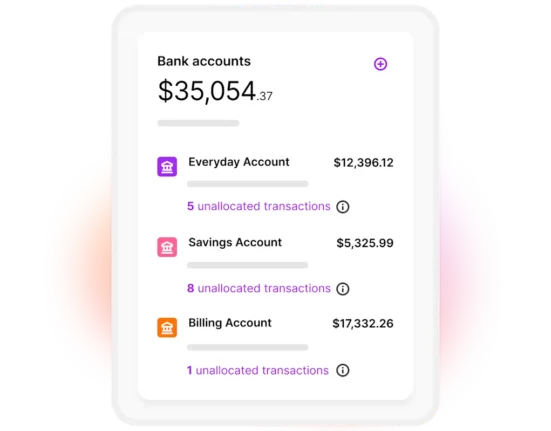Qantas customers impacted by the recent data hack may have a silver lining amidst the chaos – compensation. As experts delve into the aftermath of the airline’s data breach affecting up to six million customers, intriguing possibilities arise.
The disclosure of sensitive customer information such as names, email addresses, phone numbers, birthdates, and frequent flyer numbers has sparked concerns about privacy breaches and potential penalties for Qantas. The breach was linked to suspicious activity on a third-party platform used by the airline’s contact center in Manila.
According to cybersecurity officials, there are fears that the stolen data might be utilized for ransom purposes. This unsettling situation has brought forward questions regarding data security practices within large corporations like Qantas.
Maurice Blackburn class action lawyer Lizzie O’Shea sheds light on the significance of this event. She emphasizes that
“Qantas holds a substantial amount of consumer information, which is crucial for various operations including consumer behavior analysis.”
This incident highlights the importance of stringent data protection measures mandated by Australian privacy laws.
Dr. Aashish Srivastava from Monash Business School elaborates on the legal implications for Qantas following a data breach under the Privacy Act. He explains that if privacy breaches are confirmed post-investigation by relevant authorities, affected consumers could receive remedies or compensations based on their losses.
The cyber landscape is evolving rapidly, with previous incidents involving Optus and Medibank leading to significant repercussions such as class actions and civil penalties imposed by privacy watchdogs. Despite past reviews urging improvements in privacy management from entities like Qantas Frequent Flyer program, challenges persist in safeguarding customer data effectively.
Cybersecurity expert Lani Refiti underlines the gravity of such breaches stating that
“no breach is trivial”
and emphasizes the need for proactive engagement with cyber attackers in case of ransom demands. With cyber extortion becoming increasingly prevalent, organizations must fortify their defense mechanisms to mitigate risks effectively.
As industry players like Darktrace’s Tony Jarvis point out, monitoring activities on platforms like dark web pose challenges due to nuanced selling tactics employed by cybercriminals. The complex nature of these incidents underscores the necessity for robust cybersecurity protocols and swift response strategies within corporate structures.
In conclusion, while uncertainties loom over Qantas’ handling of this crisis and its impact on affected customers’ trust, it serves as a stark reminder for businesses worldwide to prioritize data security and resilience against evolving cyber threats.









Leave feedback about this